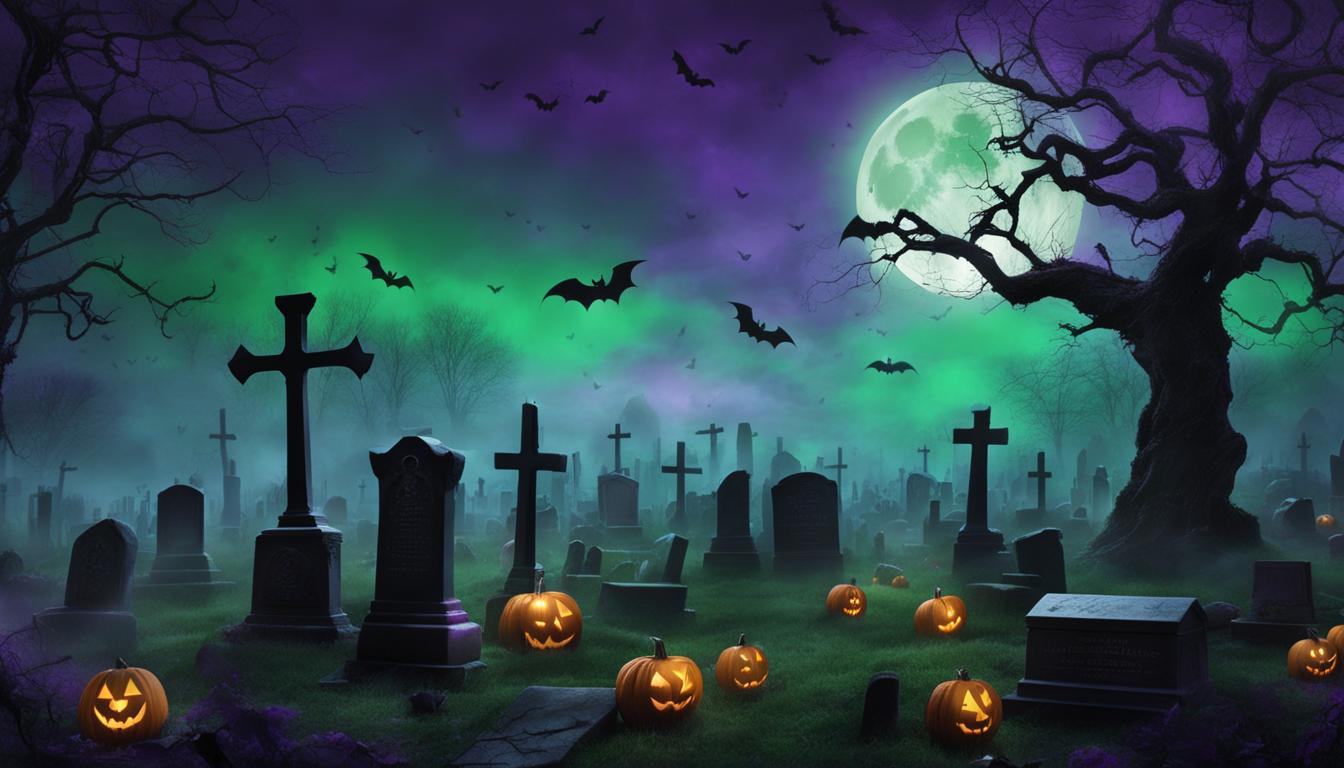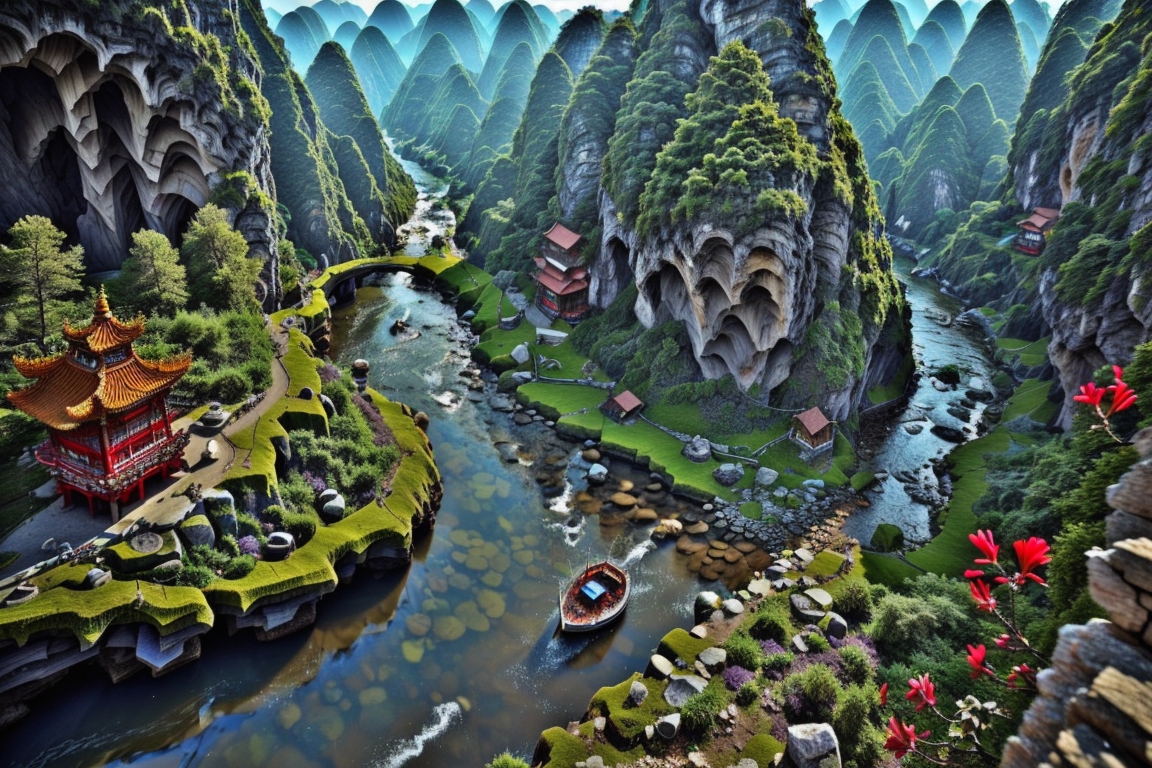Public holidays are designated days recognized by countries and cultures worldwide. These days might commemorate historical events, religious observances, or other significant dates. The nature and number of these holidays can vary greatly from country to country. Here’s a comprehensive insight into world public holidays.
Origin and History:
Public holidays often originate from religious observances, historical events, or significant milestones in a nation’s history. For instance:
- Religious Observances: Christmas (Christianity), Eid (Islam), Diwali (Hinduism), Hanukkah (Judaism).
- Historical Events: Independence Day in various countries, Bastille Day in France, or Guy Fawkes Day in the UK.
Key Traditions and Practices:
Each public holiday has its traditions and practices, often stemming from its origins.
- Christmas: Gift-giving, decorating Christmas trees, attending church.
- Eid: Feasting after a month of fasting, giving Zakat (charity).
- Diwali: Lighting lamps and bursting fireworks to celebrate the victory of light over darkness.
Cultural Significance:
Public holidays are often deeply rooted in a country or culture’s identity, signifying shared values, history, or beliefs.
- National holidays, like the Fourth of July in the USA or Bastille Day in France, emphasize patriotic pride.
- Religious holidays provide followers a chance to reflect and reaffirm their beliefs.
Evolution Over Time:
Many holidays have evolved or adapted over time due to political changes, cultural shifts, or commercial influences. For instance, the modern-day Santa Claus figure emerged from a blend of the Saint Nicholas legend and commercial branding.
Comparison to Other Similar Holidays:
While certain holidays are globally recognized, there are parallels in themes across cultures:
- The theme of light in Hindu Diwali finds echoes in Jewish Hanukkah.
- Many cultures have harvest festivals, like Thanksgiving in the USA or Chuseok in South Korea.
Regional Variations:
Even within the same holiday, regional variations often exist. For instance:
- Christmas: Celebrated with KFC in Japan, while in Iceland, the Yule Lads bring gifts to children for 13 days.
Symbols and Icons:
Every holiday is associated with particular symbols or icons.
- Easter: The egg symbolizes new life.
- Valentine’s Day: The heart represents love.
Recommendations:
- Movies: “It’s a Wonderful Life” (Christmas), “Hocus Pocus” (Halloween).
- Books: “A Christmas Carol” by Charles Dickens, “The Diary of Anne Frank” (Holocaust Remembrance Day).
- Activities: Attend a local parade, participate in community feasts, or visit historical monuments.
To sum up:
World public holidays, deeply rooted in diverse histories and traditions, are a testament to humanity’s shared values, diverse beliefs, and the indomitable spirit that unites cultures globally.



